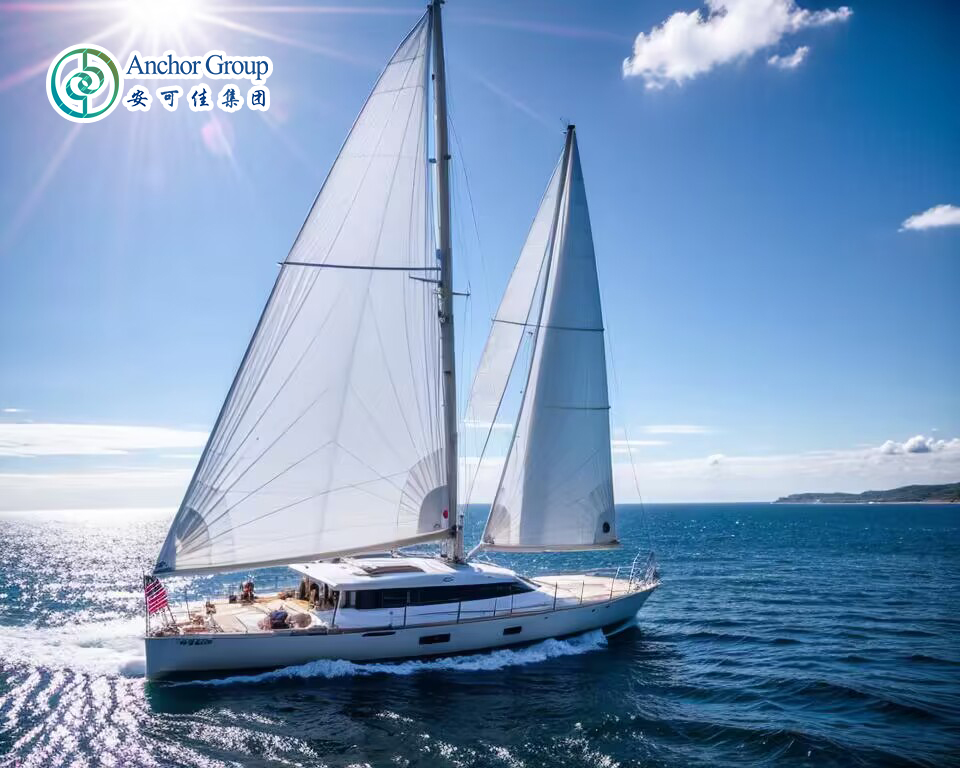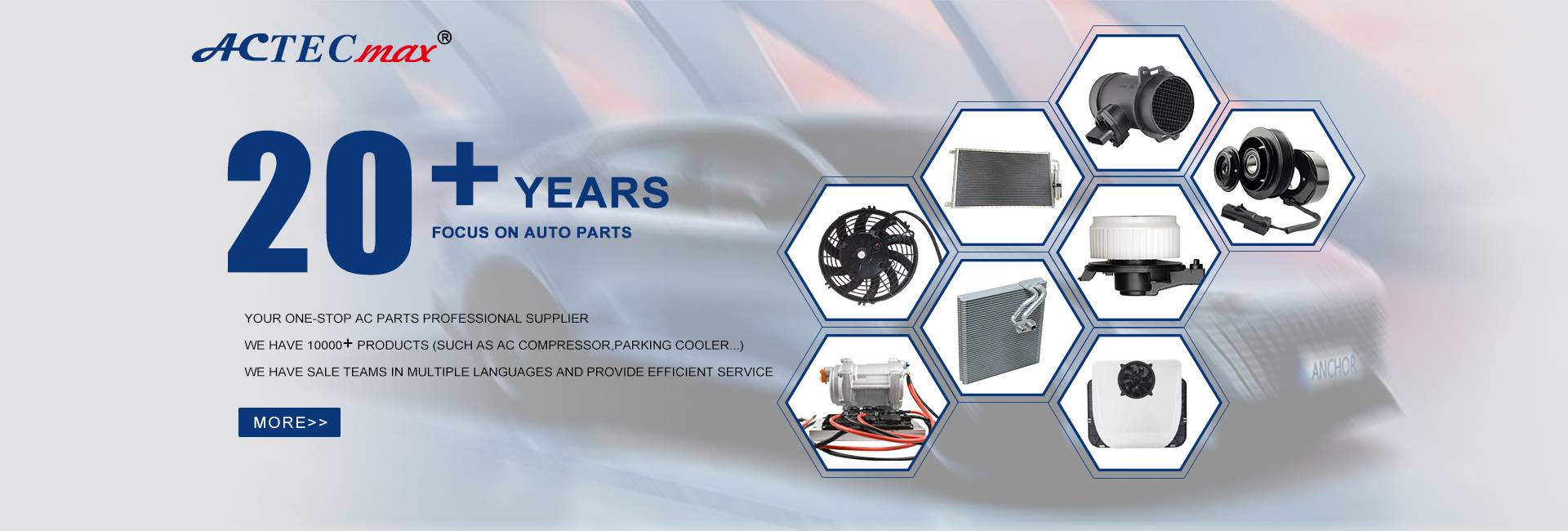Are you tired of sweltering on your boat during those hot summer days? If you’re a boating enthusiast, you know that comfort on the water is essential. That’s where a 12-volt marine air conditioner comes to the rescue. In this comprehensive guide, we’ll explore everything you need to know about these lifesavers for your marine adventures.
Designed for the unique needs of long-haul truckers, portable air conditioners for semi trucks provide a compact and efficient solution. Operating on a 12-volt power supply, these units ensure a cool and comfortable in-cab environment, offering flexibility and ease of use. With quick installation and user-friendly controls, truckers can enjoy personalized climate control during rest stops and breaks. The portable nature of these units makes them versatile for various settings, providing energy-efficient cooling without compromising valuable cabin space. In the evolving landscape of long-haul trucking, portable AC units are transforming the on-road experience for truckers.

Table of Contents
| Sr# | Headings |
|---|---|
| 1 | What is a 12 Volt Marine Air Conditioner? |
| 2 | Why Do You Need a Marine Air Conditioner? |
| 3 | How Does a 12 Volt Marine Air Conditioner Work? |
| 4 | Types of 12 Volt Marine Air Conditioners |
| 5 | Installation and Maintenance |
| 6 | Energy Efficiency and Environmental Impact |
| 7 | Benefits of Using a 12 Volt Marine Air Conditioner |
| 8 | Popular Brands and Models |
| 9 | Tips for Maximizing Cooling Efficiency |
| 10 | Conclusion |

1. What is a 12 Volt Marine Air Conditioner?
A 12-volt marine air conditioner is a cooling system specially designed for boats and yachts. Unlike traditional air conditioners, which rely on shore power or generators, these units are powered by the boat’s 12-volt electrical system. They are compact, energy-efficient, and perfect for keeping the cabin cool on those scorching days out at sea.
2. Why Do You Need a Marine Air Conditioner?
Boating enthusiasts often find themselves in situations where the heat can become unbearable. A 12-volt marine air conditioner provides a comfortable and cool environment, making your trips more enjoyable. It’s not just about comfort; it’s also about safety. Extreme heat can lead to fatigue and dehydration, which are not ideal when you’re navigating the open waters.
3. How Does a 12 Volt Marine Air Conditioner Work?
These marine air conditioners operate on a simple principle: they remove heat and humidity from the cabin and discharge it outside. They use a compressor, a condenser, and an evaporator to cool the air. The compressor pumps refrigerant gas, which absorbs heat from the cabin air. The hot refrigerant is then cooled and condensed in the condenser, releasing the heat outside. The now cool refrigerant returns to the evaporator, where it cools the cabin air, and the cycle continues.
4. Types of 12 Volt Marine Air Conditioners
There are two main types of 12-volt marine air conditioners: self-contained and split-gas systems.
- Self-Contained Systems: These are all-in-one units, which means the evaporator, condenser, and compressor are housed in a single package. They are easy to install and perfect for smaller boats.
- Split-Gas Systems: Split systems have a separate condensing unit that can be mounted outside the cabin, reducing noise and saving valuable space inside. They are suitable for larger boats where noise and space can be a concern.
5. Installation and Maintenance
Installing a 12-volt marine air conditioner can be a DIY project for those with some mechanical skills. However, it’s recommended to have a professional handle the installation to ensure it’s done correctly. Regular maintenance is crucial to keep your system running efficiently. Clean or replace filters, check for leaks, and ensure all components are in good condition.
Installation Steps for a 12-Volt Marine Air Conditioner:
- Determine the Mounting Location: Select a suitable location for installing the marine air conditioner unit. Consider factors such as available space, proximity to the power source, and accessibility for maintenance. Ensure the location allows for proper airflow and ventilation.
- Prepare the Mounting Surface: Clean the mounting surface and ensure it is sturdy and capable of securely holding the air conditioner unit. Use appropriate hardware and brackets to securely mount the unit, following the manufacturer’s instructions.
- Install the Ducting and Vents: Connect the ducting and vents to the air conditioner unit. Route the ducting to the desired locations within the boat’s interior, ensuring proper airflow distribution. Securely fasten the ducting and vents in place.
- Electrical Connections: Connect the air conditioner unit to a 12-volt power source. Follow the manufacturer’s instructions for wiring, ensuring proper grounding and using the correct wire gauge for the unit’s power requirements. It is recommended to consult a professional electrician if you are unsure about electrical connections.
- Test and Adjust: Once the installation is complete, test the marine air conditioner to ensure it is functioning correctly. Check for any leaks, unusual noises, or vibrations. Adjust the temperature and fan settings to achieve the desired cooling effect.
Maintenance Tips for a 12-Volt Marine Air Conditioner:
- Regular Cleaning: Keep the air conditioner unit and its components clean to maintain optimal performance. Clean or replace air filters regularly to prevent dust and debris buildup, which can restrict airflow and reduce cooling efficiency.
- Check for Leaks: Inspect the ducting, vents, and connections for any signs of leaks. Ensure that all seals and gaskets are in good condition and properly sealed. Address any leaks promptly to prevent air loss and maintain cooling effectiveness.
- Condensate Drainage: Check the condensate drainage system regularly to ensure proper functioning. Clear any obstructions in the drain line to prevent water buildup and potential damage to the unit or surrounding areas.
- Professional Servicing: Schedule periodic professional servicing of your marine air conditioner. A qualified technician can perform thorough inspections, cleanings, and any necessary repairs or adjustments to ensure optimal performance and extend the lifespan of the unit.
6. Energy Efficiency and Environmental Impact
12-volt marine air conditioners are known for their energy efficiency. They draw power directly from your boat’s electrical system, and many models are designed to minimize energy consumption. This not only saves you money on fuel but also reduces your environmental footprint.
7. Benefits of Using a 12 Volt Marine Air Conditioner
- Comfort: The most obvious benefit is the comfort it provides during hot weather, making your boat trips enjoyable.
- Safety: Keeping a cool cabin prevents heat-related illnesses and fatigue, ensuring a safe voyage.
- Noise Reduction: Some models are designed to be quiet, allowing for a peaceful onboard experience.
- Enhanced Sleep: A cool cabin ensures a good night’s sleep even on warm nights.
8. Popular Brands and Models
Several reputable brands offer 12-volt marine air conditioners. Some of the top choices include Dometic, Webasto, Marine Air Systems, and Cruise Air. Each brand has its unique features and models, so it’s essential to research and choose the one that best fits your needs.
9. Tips for Maximizing Cooling Efficiency
To make the most out of your marine air conditioner, here are some tips:
- Proper Insulation: Ensure your boat’s cabin is well-insulated to retain cool air.
- Regular Maintenance: Keep your system in top shape with routine maintenance.
- Optimal Sizing: Choose the right-sized unit for your boat to avoid overworking the system.
- Shading: Use window coverings to block direct sunlight and reduce heat gain.
10. Conclusion
In conclusion, a 12-volt marine air conditioner is a must-have for any boat owner who values comfort and safety during their trips. With various types and models available, you can find the perfect fit for your vessel. Enjoy cool and comfortable adventures on the water, thanks to these innovative cooling solutions.
Frequently Asked Questions
Q1: How much power does a 12-volt marine air conditioner consume? A1: The power consumption varies depending on the unit’s size and the model, but they are generally designed to be energy-efficient.
Q2: Can I install a marine air conditioner by myself? A2: While it’s possible for those with mechanical skills, it’s recommended to have a professional handle the installation to ensure it’s done correctly.
Q3: Are there 24-volt marine air conditioners available? A3: Yes, some models are designed for 24-volt systems, so make sure to choose the one that matches your boat’s electrical setup.
Q4: Do these air conditioners work on sailboats? A4: Yes, they can be installed on sailboats, and the choice of model will depend on the size of your boat and your specific requirements.
Q5: Can I run a 12-volt marine air conditioner all day? A5: It’s possible to run them all day, but it’s essential to monitor power consumption and ensure you have the necessary power supply to avoid draining your boat’s battery.
Anchor Group stands at the forefront as a premier supplier of high-quality OEM and aftermarket AC parts, extending its expertise from land vehicles to marine applications. Specializing in an extensive range of vehicles, including passenger cars, coach buses, heavy-duty trucks, and now marine vessels, Anchor Group has earned a reputation for excellence. Our commitment to delivering exceptional value, convenience, and top-notch service seamlessly transitions into the marine industry, providing a comprehensive suite of solutions for marine HVAC systems. From wholesale distribution of automotive air conditioning parts to supplying auto AC fittings, aftermarket truck air conditioners, and automotive AC condensers in various sizes, Anchor Group caters to the unique requirements of marine applications. Our professionalism is not just a reputation; it is a reflection of our disciplined work practices, effective communication, and streamlined processes, ensuring that our marine HVAC solutions adhere to the same high standards that have established Anchor Group as a trusted name in the automotive air conditioning sector.
In conclusion, a 12-volt marine air conditioner is a game-changer for boating enthusiasts, providing comfort, safety, and a pleasant atmosphere during your marine adventures. Make sure to choose the right unit for your boat, and you’ll be able to enjoy the cool breeze even on the hottest of days.
Anchor Group is a reputable manufacturer known for producing high-quality 12-volt marine air conditioners. Their products are specifically designed for marine applications and offer reliable cooling and comfort for boats of various sizes.
https://www.acparts.cn/product/12v-24v-automotive-parking-cooler-for-heavy-truck/


